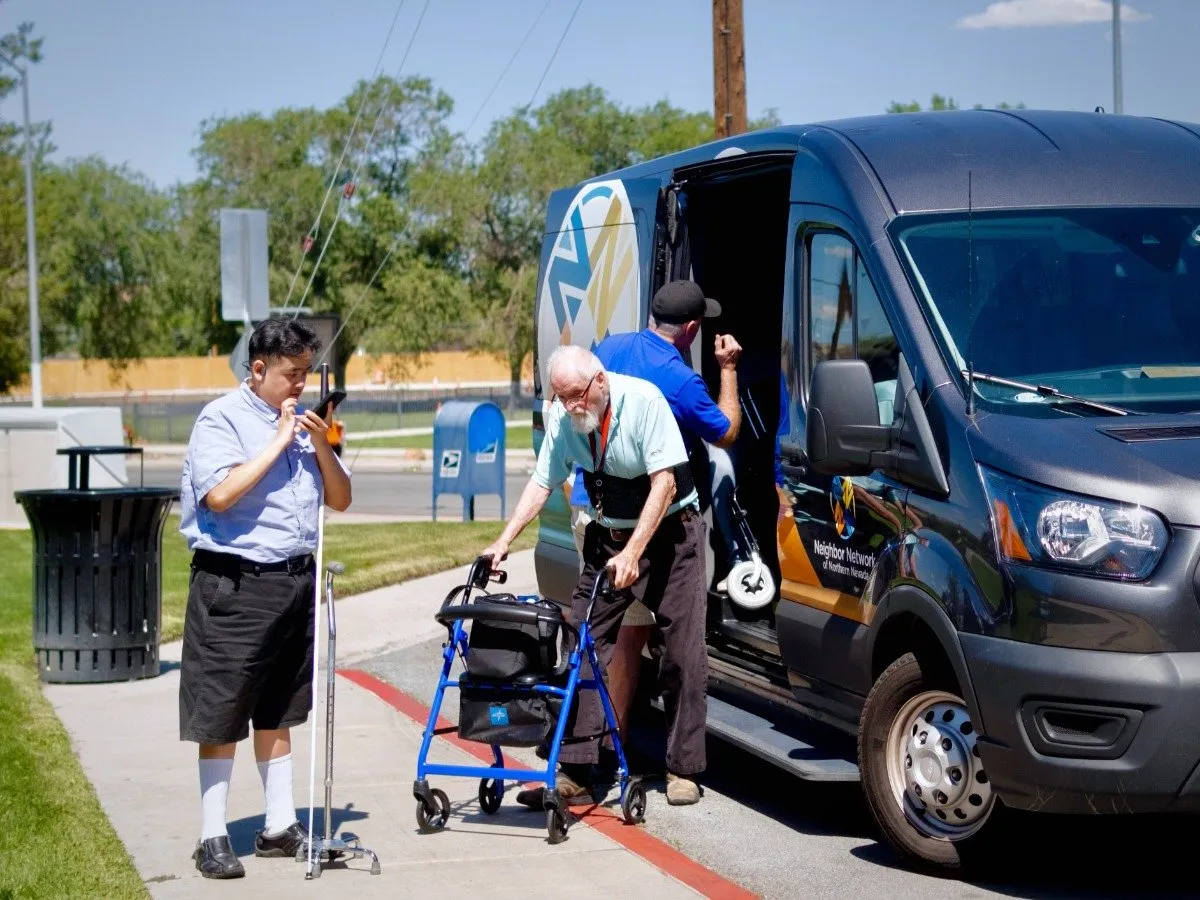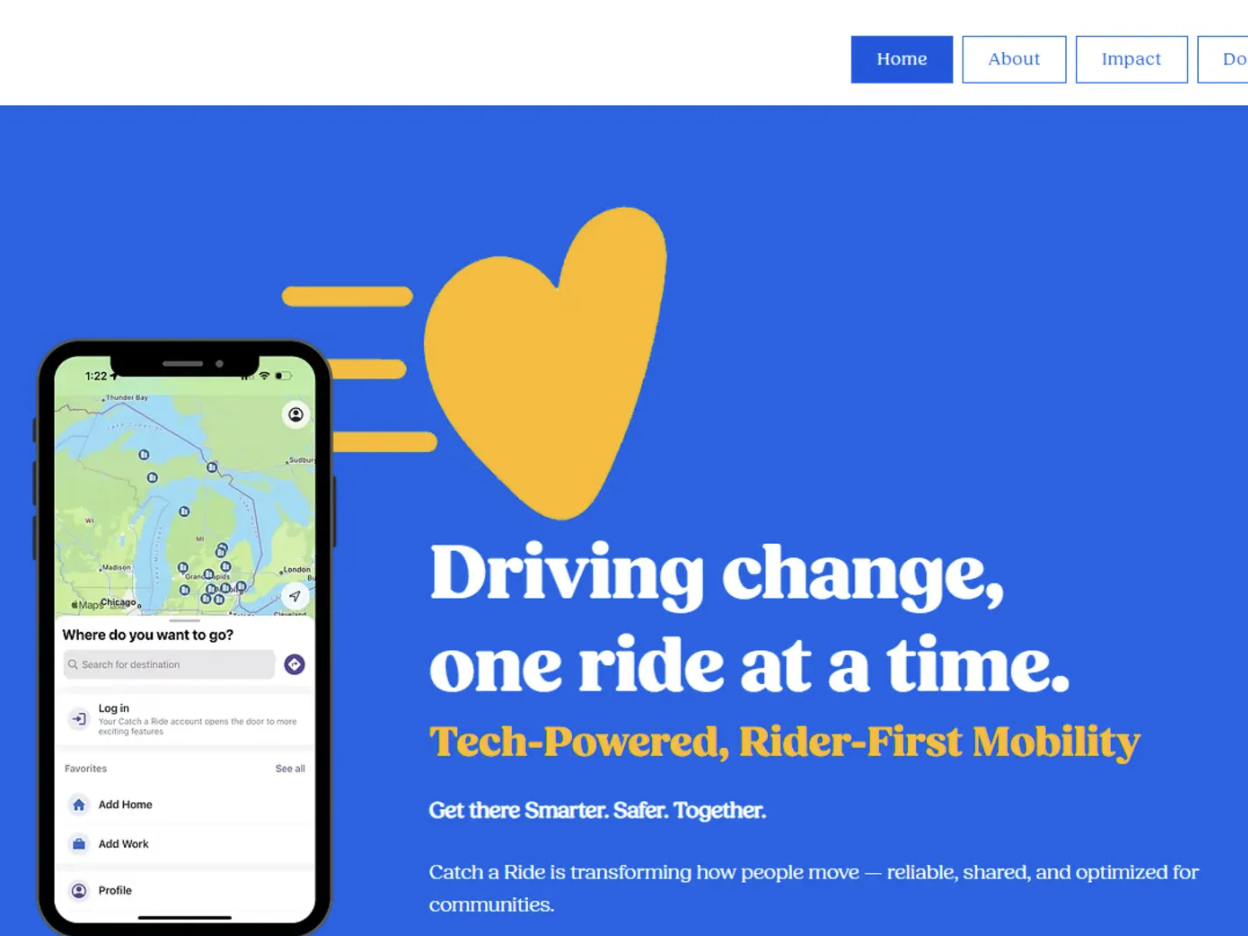Author: Sandra Witzel, SkedGo CMO & Board Director
Mobility-as-a-Service (MaaS) has constantly evolved over the years, having set out to solve some of the biggest challenges faced in transport, particularly from a socio-economic and environmental standpoint. During that time, we’ve seen the business-to-consumer (B2C) model emerge, helping to give MaaS a public platform and supporting efforts to understand its role in the lives of end users and the potential for its broader remit.

As a result, there have been many great insights and learnings along the way, providing an understanding of both the capabilities and shortcomings of MaaS. However, today we’re seeing a shift away from the traditional B2C model. In this article, we’ll explore why this is the case, what the future looks like and how SkedGo has adapted its own technology so businesses and governments can more easily adopt journey planning solutions either standalone or as part of broader applications.
Putting MaaS on the Map
MaaS set out with the aim of bringing together an increasingly multi-modal transport ecosystem, encouraging more sustainable mobility choices and offering increased accessibility to all transport users. It succeeded in providing many different transport operators with the ability to plan, book and pay within one app, often on a pay-as-you-go or subscription basis. This has led to a great deal of insight into how MaaS works in practice, which without a doubt has helped to put MaaS on the map.
However, delivering MaaS under a B2C business model is not an easy route as there are many factors to consider. Firstly, there’s the need to create and maintain the application, not to mention integrate transport providers, payment facilities and more. Government regulation also has a role to play. On top of this are the technical requirements such as interface and data standardisation.
Gaining a critical mass of app users – and doing so at an attractive price point – is a challenge for any business, particularly when it’s also encouraging a shift in behaviour. Translating this into a profitable business model is a tall order; one which is causing organisations to reassess the B2C MaaS model.
What Is the Future for MaaS?
This isn’t to say MaaS is dead, far from it; more that it’s entering a new phase of life. David Hensher and Sampo Heitanen discuss the need to rethink MaaS and suggest a shift towards integrating transport services within ‘a wider activity-focussed product mix driven by the private sector that is also financially sustainable’. Equally, others are seeing the shift towards mobility as a public service as well as B2B. I think these are all viable routes.
At SkedGo, we built our business model around business-to-business (B2B) and business-to-government (B2G) clients many years ago. While there have been challenges along the way, the experience from past and current projects has helped us to continually derisk MaaS projects for clients. It’s also allowed us to focus on our core competence in delivering highly tailored and localised solutions both independently and working alongside a wide range of partners.
Within this business model, we’ve made our award-winning MaaS technology adaptable to a wide variety of use cases, whether it’s creating standalone applications or integrating with existing solutions or websites. It means clients don’t have to reinvent the wheel; they can focus on their core business and let us take care of creating solutions that provide value to their existing and new customers.
The fact is, mobility is an important add-on for many organisations spanning wellness, retail, tourism, insurance, education, corporates and more – you can find more details about this in an article here. It’s also a valuable tool as a public service for citizens in urban areas, and in rural areas too. From our perspective, we’ve found that there needs to be a flexible approach to MaaS.
We’ve seen success in both the B2B and B2G arenas, as well as not-for-profits such as Feonix – Mobility Rising, which helps underserved communities access transport. Likewise, the work of clients such as Leicester City Council and ODINPASS show how MaaS can benefit local residents and university staff and students respectively.
Moving with the Times
While the B2C model of delivering mobility solutions to end-users has played an important role in the development of MaaS, it’s clearly not been without its challenges and complexities. As a result, MaaS is seeing a shift in focus towards private enterprises outside of the transport sector, aimed at broader activities that would benefit from mobility integrations. There’s an appetite for MaaS as a public service too, as it can help deliver more inclusive and accessible service models.
All of this signals a new and interesting phase of life for MaaS, and is part of its ongoing evolution. Adaptation is essential to continue to create more innovative and impactful solutions that solve real-world problems. One thing’s for sure, SkedGo will continue to build on the work it has already achieved to create value for clients and the lives of the people we touch – and we believe that adaptable B2B/B2G business models are the best way to get there.
About the Author
Sandra has more than two decades of marketing experience, with a major focus on technology-based, disruptive and fast-growing businesses. She has previously worked for start-ups, SMEs, corporates and agencies.
Her passion for the transport and travel sectors is unsurprising, as a German who has lived and worked in Australia, USA, Malta and, currently, England. She is now focused entirely on this area, as CMO and board director for SkedGo.
Sandra regularly speaks at major transport and technology events around the world and has been voted one of the “Most Influential Women in Mobility” in 2023. Within the mobility ecosystem, Sandra is an active campaigner to make transport more accessible and inclusive.
As part of SkedGo’s pro-active partnership with the MaaS Alliance, she is the work stream leader for ‘User-Centric MaaS’. She is also co-founder of Women in Mobility (WiM) UK, board trustee of the Research Institute for Disabled Consumers (RiDC) UK and board trustee for Changing the Chemistry UK.
This article was originally published by SkedGo.















